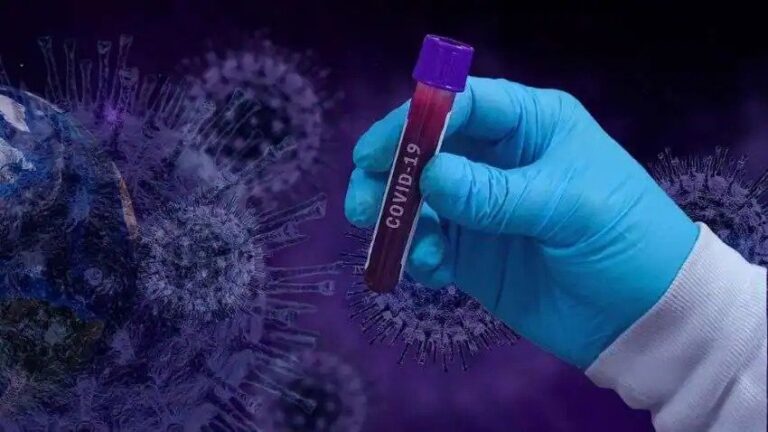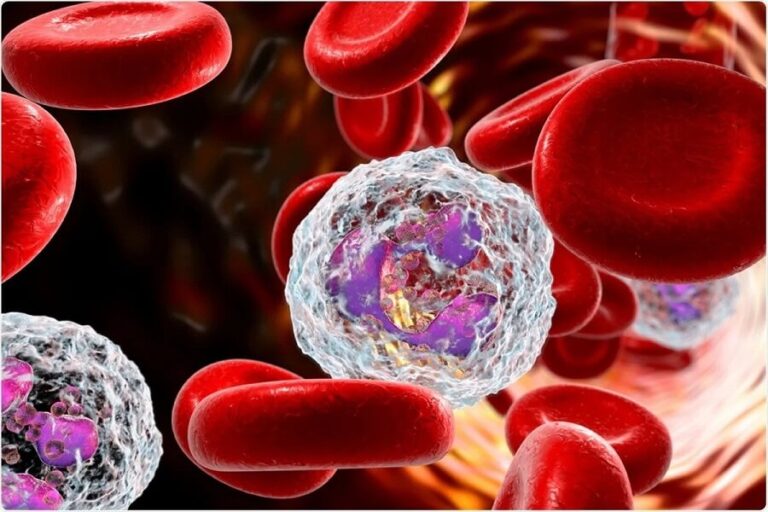With the coronavirus pandemic, strengthening the immune system has become a priority.
Although the coronavirus indeed affects children less, strengthening the immune system is essential to avoid future complications in all family members.
This article describes how to strengthen the immune system and tips to increase the protection of children and adolescents against the attack of viruses and bacteria.
How do they strengthen the immune system in children and adolescents?
The idea of boosting the immune system is attractive, but the ability to do so is not as simple as it sounds. The immune system is a system, not a single entity. To function well requires balance and harmony.
Researchers explore the effects of diet, exercise, age, stress, and other factors on the immune system. In the meantime, general healthy-living strategies are an excellent way to start giving your immune system a head start.
Children can strengthen their immune systems and fight against the continuous attack of germs, viruses, and other microorganisms. The following describe habits and tips to enhance the immune system of children and adolescents:
- Increase the hours of sleep
Studies have confirmed that lack of sleep can negatively alter the immune system. In particular, smaller numbers of cells have been assured that defend the body from strange attacks. (1)
A child needs more hours of sleep than an adult. The number of hours of sleep for children and adolescents, according to the US National Sleep Foundation, is (1):
- Newborn children: from 14 to 17 hours
- Children from 1 to 5 years old: from 10 to 13 hours.
- Children from 6 to 13 years old: from 9 to 11 hours.
- Adolescents under 17 years: 8 to 10 hours.
- Eat more fruits and vegetables
Increasing the number of fruits and vegetables in the diet of children and adolescents allows not only that there is no lack of vitamins but also adds phytonutrients with antioxidant power.
Phytonutrients can increase the body’s white blood cells and interferon production, an antibody that coats cell surfaces and blocks viruses. (2)
On the other hand, although it is unknown if vitamin C can cure or prevent the coronavirus, its lack in the diet could negatively affect the immune system. Make sure both children and adults at home consume enough foods rich in vitamin C.
- Physical exercise as a family
Incorporating physical activity into your daily and weekly regimen is extremely important for strengthening the immune system in both adolescent children and adults.
For your kids to have a lifelong fitness habit, be a good role model. Exercise with them instead of just urging them to come out and play. Examples of great physical activities to do as a family is biking, hiking, rollerblading, skateboarding, and ball sports.
- Protect them against the spread of germs
Technically, fighting germs does not improve immunity, but it is a great way to reduce stress on children’s immune systems. Make sure your children wash their hands often and with soap. You should pay special attention to your hygiene before and after each meal and after playing outside, handling pets, blowing your nose, using the bathroom, and coming home.
If someone in the family gets sick, throw out their toothbrush. A child cannot contract the same virus twice in a row, but the virus can jump from one toothbrush to another, infecting other family members.
- Do not generate stressful situations at home.
Studies show that chronic stress can suppress protective immune responses and exacerbate pathological immune responses. (3) The effects of stress on the immune system are mainly caused by cortisol.
To promote the immune system of both adults and children, you must minimize their stress levels. This can be difficult today, especially when people are concerned about the coronavirus, but you must find activities that allow a calm environment at home.
- No smoking with children around
If you or your partner smoke, stop. Cigarette smoke contains more than 7,000 harmful chemicals, many of which can irritate or kill cells in the body. Children are more susceptible than adults to the detrimental effects of tobacco smoke because they breathe at a faster rate.
A child’s natural detoxification system is also less developed. Secondhand smoke increases a child’s risk of bronchitis, ear infections, and asthma. It can also affect the immune system and intelligence, and neurological development. If you cannot quit smoking, you can significantly reduce your child’s health risks by smoking alone outside the home.
- Avoid vitamin D deficiency.
Studies claim that one of the functions of vitamin D is to keep the immune system strong. Multiple investigations have been conducted that associate lower vitamin D levels with an increased risk of infections. (4)
80-90% is produced by the action of ultraviolet rays on the skin. Only 10-20% of the total amount is covered through food. (2) To ensure that there is no lack of vitamin D in children, going out in the sun for about 15 minutes is enough. Overdoing it with vitamin D products can cause hypervitaminosis.
- Do not take children with you to public places.
Taking your children to medical centers is the same as exposing them more to the attacks of viruses. Avoid public places with large crowds, such as movie theaters, public squares, recreation centers, and shopping malls.
This measure has already been made mandatory in several countries. However, in others, the risk is still running. Although it seems obvious, this is even more important than improving the immune system to prevent the spread of viruses.
- For no reason, medicate with antibiotics without a doctor’s prescription.
Medicating your child with antibiotics when they have a cold, flu, or sore throat is wrong. Antibiotics only treat diseases caused by bacteria; they are not an effective medicine against viruses. Taking antibiotics without a warrant infection can negatively affect children’s immune systems.
ABSTRACT
The immune system is an interactive network of cells and proteins that protect the body from infections, viruses, bacteria, or any foreign substance.
Strengthening the immune system of children and adolescents is not only about eating well. Respecting the hours of sleep, doing some physical activity, and avoiding stress are of equal or greater importance.
To avoid coronavirus infection, washing your hands and not exposing yourself to public places is even more important than strengthening the immune system.







